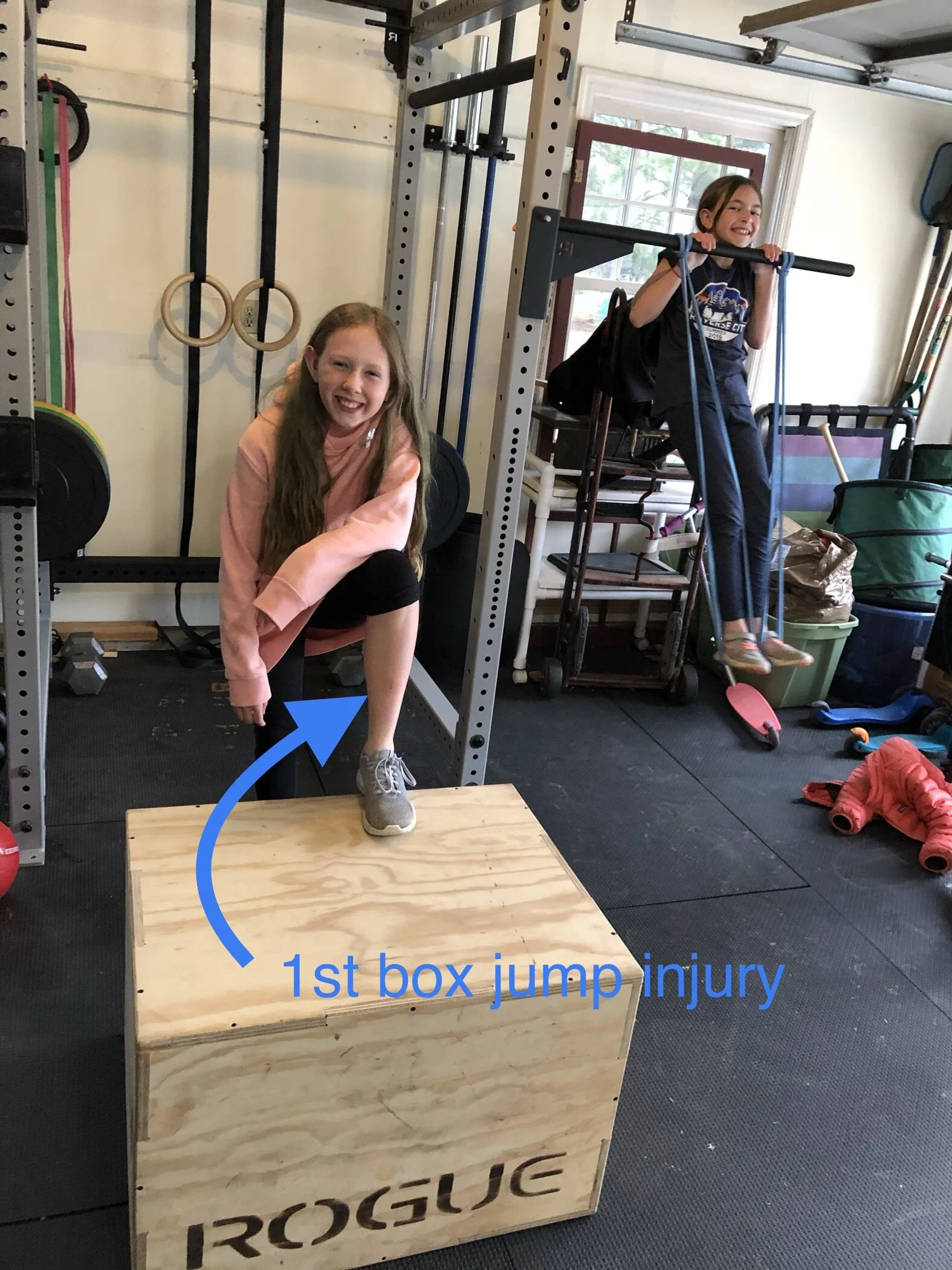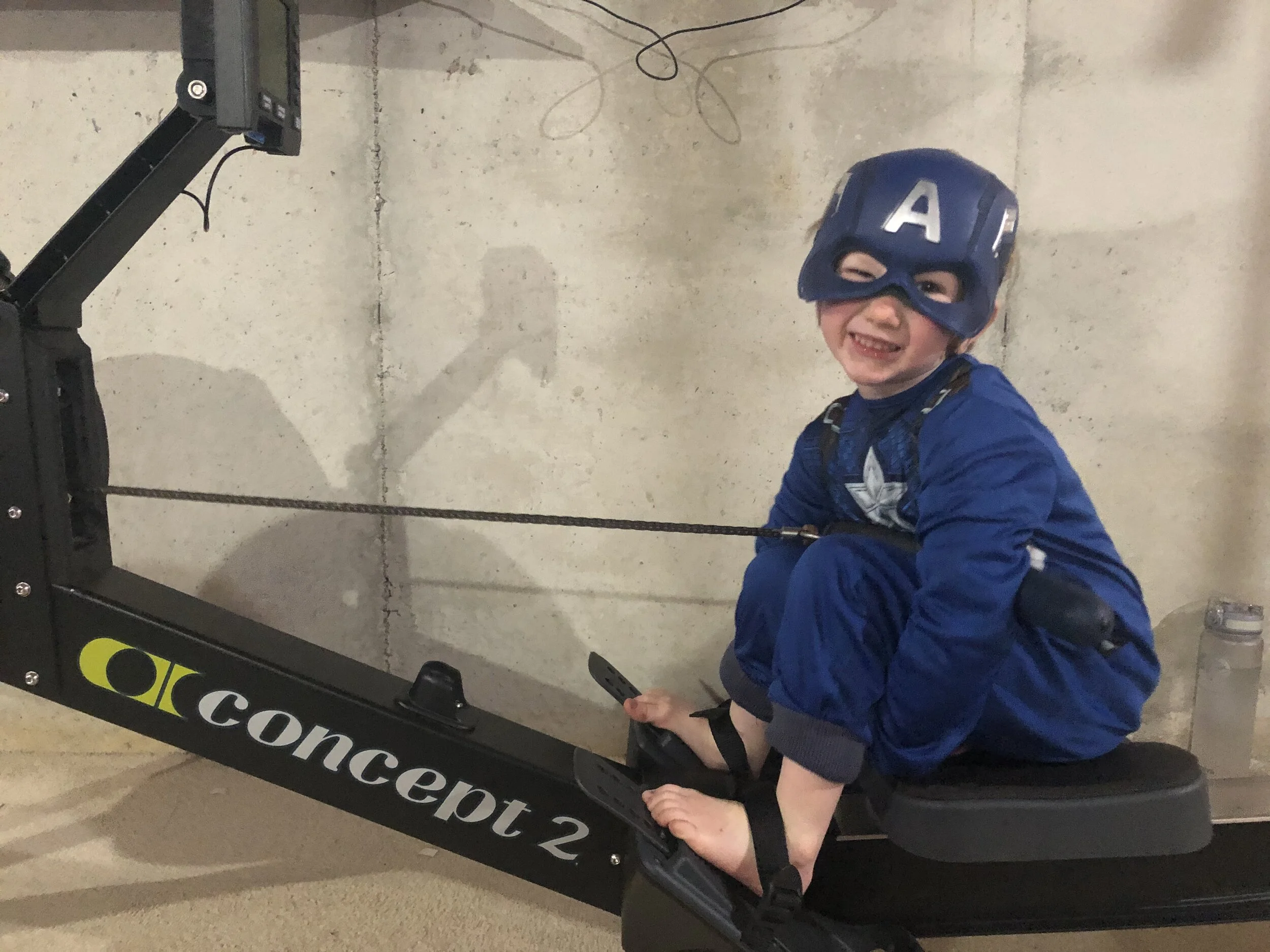
The B Vitamin you really need
Many people today are taking either a multi-vitamin or some kind of B vitamin, which are two of the most common supplements consumed on a daily basis. The “Vitamin B Complex” is sold in a variety of forms claiming to help boost energy, increase muscle tone, and fortify the nervous system, and so on. However, do not be fooled by vitamin labels that show a long list of synthetic B vitamins – they are most likely missing the important foods that are rich in the whole vitamin B complex. Our bodies were designed to assimilate real foods for growth and repair of organs and tissues... not synthetic chemicals. Therefore, vitamins are best derived from real food. Vitamins, unlike drugs, are living complexes and it is critical to get these in a form that includes all of the enzymes, co-enzymes, and minerals that make up a naturally occurring vitamin complex. The other benefit of deriving vitamins from real food and whole food supplements is that you always get more than what is on the label. Most labels list vitamins like B1 Thiamine, B2 Riboflavin or B3 Niacin, but what is missing are the foods that contain all these B vitamins and more. These synthetic ingredients are much cheaper and easier to produce in a laboratory rather than sourcing all the different foods that naturally contain these vitamins. However, our bodies were designed to utilize them in the natural form, so make sure you are selecting a high quality whole food supplement.
Cataplex® B is a vitamin complex that is in a base of organically grown whole foods which are rich in many B vitamins. Most people have heard of B1, B2 and B6, but there is also a lesser known B4 in the family of B vitamins. The Merck Manual, 10th edition, describes vitamin B4 as “widespread throughout plant and animal tissues.” Vitamin B4 promotes the efficient nerve conductivity of the heart and helps maintain the rhythm of the heart.
Unless you derive your B vitamins from whole food sources, vitamin B4 would not be included because it cannot be synthesized. Therefore, most off-the-shelf vitamins do not contain this important factor of the B vitamin complex. Whole B vitamin complexes are only found in foods such as nutritional yeast, liver, and wheat germ, which contain natural vitamin complexes that support many body systems including your heart muscle, your central nervous system, energy production, and more.
There are many Standard Process® products that contain these foods which are a rich source of B vitamins, such as Cataplex® B, Cataplex® G, Ligaplex® II, Catalyn®, Livaplex®, Drenamin®, Vasculin®, and Cardio-Plus®.
Click the following link for more information:
https://hardingholistics.standardprocess.com/products/cataplex-b
*Please be advised that any suggested nutritional advice is not intended as any primary treatment or therapy for any disease or particular bodily symptom. These statements have not been evaluated by the FDA. Nutritional counseling, vitamin recommendations, nutritional advice, and the adjunctive schedule of nutrition is provided solely to upgrade the quality of foods in the patient's diet in order to supply good nutrition supporting the physiological and bio- mechanical processes of the human body.
Heart Sound Recorder
You are invited to schedule a Heart Sound Recording.
Your heart is the most important muscle in the body. Every day it beats 100,000+ times, sending over 2,000 gallons of blood through 60,000 miles of blood vessels. To function optimally it is vital that the heart have the proper nutrition to maintain its correct rate, rhythm, and tone.
The Heart Sound Recorder is a computer-based low risk general wellness monitor which uses the principles of auscultation to observe heart sounds. During this non-invasive procedure a specialized microphone is placed over each of the four valve areas of the heart while graphing the sound. The heart’s reaction to certain stressors (chemical, nutritional, and emotional) can be observed using the heart sound recorder. Certain types of heart stress can be monitored by observing the Rate, Rhythm, and Tone of the heart cycle graph.
Did you know your nervous system controls the Rate at which your heart beats. The sympathetic side manages your “fight or flight” response and can accelerate your heart rate. The parasympathetic side manages your “rest and digest” response and can slow your heart rate. You need a healthy balance between the two.
The Rhythm of your heart is the work to rest ratio. Your heart should rest twice as long as it works.
The Tone of your heart refers to the strength of the ventricles as they push blood through your body. The “lub-dub” sound your heart makes on the graph shows how efficiently your heart is pushing blood through your body and refilling to prepare of the next cardiac cycle.
The Heart Sound Recorder can be an important tool in evaluating your overall health, and then in following the progress you are making when under wellness care. Making changes to your stress level, diet, lifestyle, and nutrition will provide you with grater endurance, ability to rest, and overall well-being.
In order to improve your wellness, I am offering heart sound recordings in my office to current patients for $35! Do not wait, call the office to schedule!
To your health!
Exercise
You got to move it, move it.”
I think you are a bit like me… ready to get back to our gym workouts! Because we are on “lockdown,” working from home, sheltering in place our workout routines have suffered. The slow down in our exercise can have detrimental effects to our mental as well as physical health. According to Harvard Health, “Many forms of exercise reduce stress directly, and by preventing bodily illness, exercise has extra benefits for the mind. Regular physical activity will lower your blood pressure, improve your cholesterol, and reduce your blood sugar. Exercise cuts the risk of heart attack, stroke, diabetes, colon and breast cancers, osteoporosis and fractures, obesity, depression, and even dementia (memory loss). Exercise slows the aging process, increases energy, and prolongs life.” Click on this link for the full article: https://www.health.harvard.edu/staying-healthy/exercising-to-relax
My favorite benefits of exercise are endorphin release and cortisol suppression. Not to bore you with neuroscience, but endorphins are “feel good chemicals” and cortisol is a “stress hormone.” Exercise increases ones endorphins (feel good) and decreases cortisol (stress) levels.
Today I am going to challenge you with some of my favorite exercises - push ups, pull ups, air squats, lunges, planking, sit ups, and step ups. These exercises can be modified to your fitness level and done anywhere. I have posted a video of me performing some of these exercises with my kids on my Facebook page https://www.facebook.com/drphealth - my kids keep me humble!
Good Skills! And please let me know how I can help you.
-Dr. John (dJP)
Stillness. Meditation.
Can you feel the increase in stress?
I know at my house there is more stress. Trying to figure out a schedule, keeping kids active, taking time for yourself, working from home, navigating the grocery store, and the list goes on!
I recently finished the book Stillness is the Key by Ryan Holliday. The big take away is we need to slow down, take more walks, and learn how to open our mind.
The Corona virus has forced us all to slow down. We are not rushing to sporting events, school events, or out to eat. Slowing down is very difficult, but possible.
What a great time of year to get outside walking. The weather is warming, birds are chirping, and the sun can be seen! I know there are more people walking as I am seeing new faces go by my house every day. To me walking has always helped get my ideas flowing and helped me relax.
Lastly, something which has helped me open my mind is meditation. Just this year I started my meditation practice, wow, what a difference! I use Dr. Joe Dispenza's water rising meditation. In the beginning it was challenging to slow down my thoughts. The longer I practice the more I get out of it. To help you get started I have made a simple meditation infographic. Please click the link below.
https://mcusercontent.com/5eac0a2dd37ae6368cf353af6/images/decd07ba-ad50-4f03-8d7e-7f62df216c22.png
Hope this gives you some tools to help manage stress!
-Dr. John
Gratitude
We are under a little more stress these days. The Corona virus and social distancing seem to be creating a lot of fear. I have noticed not as many people are smiling or saying hello. No handshakes, fist bumps, or hugs. Stress can sure beat us down! But, we can do things to help; to un-stress our system, to stay positive .
Gratitude journaling helps. It allows me to be grateful for the little things. Gratitude journaling helps mellow my stress, calms me down, and puts my attitude into perspective. Journaling takes only a few minutes each day - I prefer to do it in the mornings.
Here is what my journal looked like today:
April 7, 2020. Today I am grateful for: smoked chicken dinner, our yard, evening campfires, a good nights sleep, JohnMarcus (my 3 year old) dressed as Captain America, goofing around, being outside, our military, and sunshine.
Work on gratitude journaling this week. Stay focused, positive, low stress, and think of all the people we can help.
Here is a link to help you get started, a gratitude challenge:
http://gratitudechallenge.com/downloads/gratitude-calendar.pdf
Please let me know what you think and share your successes!
-Dr. John
P.S. - feel free to share this - it may save someones day.





